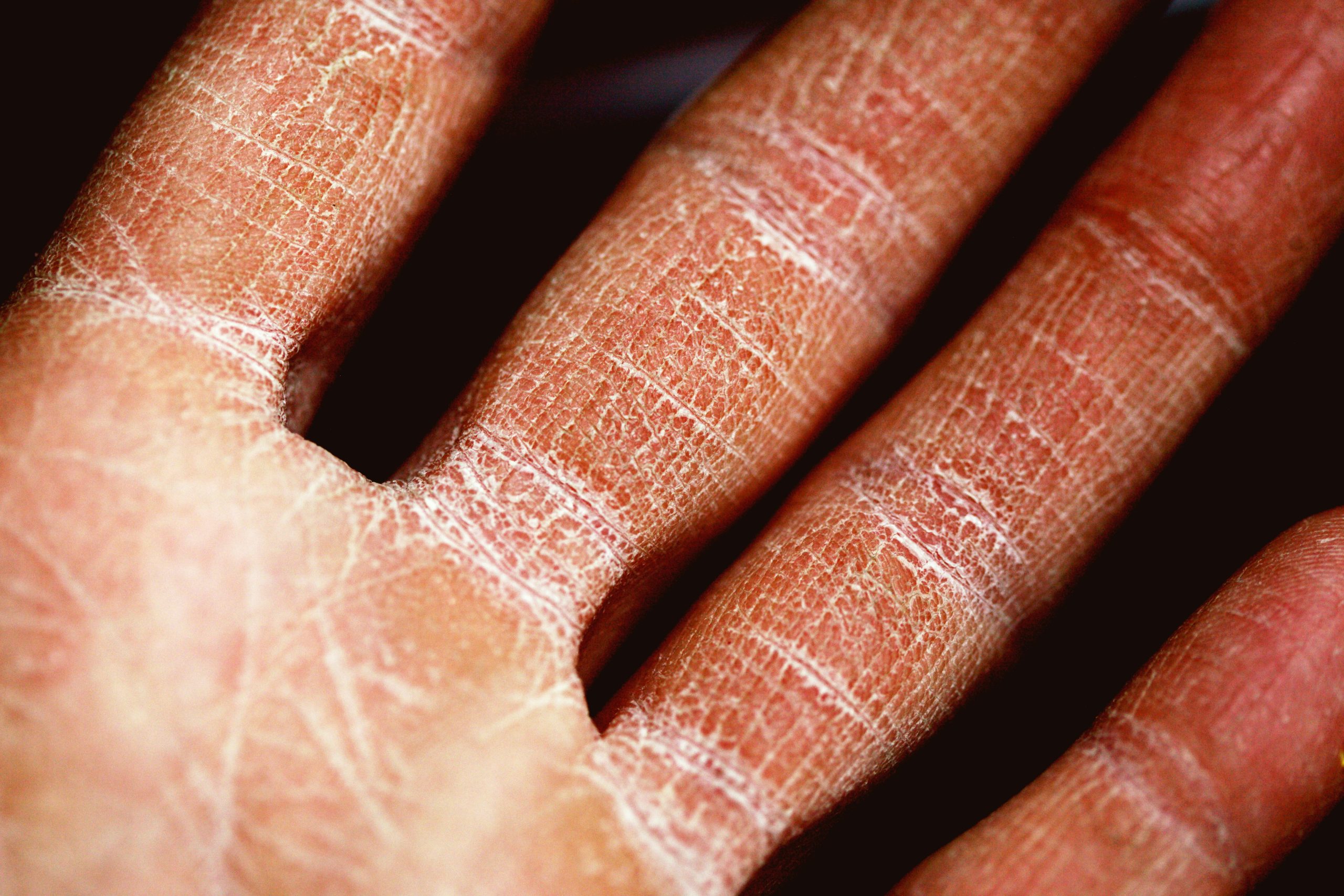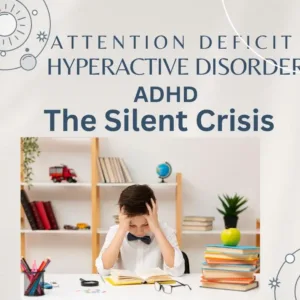Dehydration, the loss of vital fluids from the body, might seem like a minor inconvenience, but it can quickly turn serious. As with your car needing fuel, your body functions optimally with proper hydration. Understanding dehydration, its causes, symptoms, diagnosis, and management is crucial for maintaining good health.
Why Does Dehydration Happen?
We lose fluids daily through sweat, urine, and even breathing. Dehydration occurs when we don’t replenish these lost fluids adequately. Here are some common culprits:
-
Not drinking enough:
Seems obvious, but busy schedules and forgetfulness can easily tip the balance.
-
Excessive sweating:
Hot weather, exercise, or even fever can lead to rapid fluid loss.
-
Diarrhea and vomiting:
These conditions cause significant fluid loss in a short time.
-
Certain medications:
Diuretics, for example, promote increased urination.
-
Medical conditions:
Diabetes and kidney disease can affect fluid balance.
Are You Dehydrated? Check these warning signs:
- Thirst: While the most common sign, it usually indicates mild dehydration.
- Dry mouth and lips: Feeling like sandpaper inside? That’s a red flag.
- Decreased urination: Less frequent trips to the bathroom could be a concern.
- Dark-colored urine: Pale yellow is ideal; darker shades suggest dehydration.
- Fatigue and headache: Feeling sluggish and headachy? Could be dehydration’s doing.
- Dizziness and confusion: Severe dehydration can affect brain function.
- Rapid heartbeat: Your body trying to compensate for reduced blood volume.

Signs and Symptoms in Children :
Unlike adults, children can’t always articulate their thirst or discomfort, making early detection crucial. Here are some telltale signs of dehydration in different age groups:
Infants (under 1 year old):
- Sunken fontanelle (soft spot on the head): Gently feel the top of their head; a sunken spot indicates fluid loss.
- Few or no wet diapers: Less than 6 wet diapers in a 24-hour period is a red flag.
- Dry mouth and tongue: Check for unusual stickiness.
- No tears when crying: This is a major sign, especially if their cry sounds weak.
- Sunken eyes: Look for a hollowed-out appearance under the eyes.
- Feverish: Fevers increase fluid loss, so monitor closely.
Toddlers and Older Children:
- Frequent thirst: While normal to some extent, excessive thirst indicates potential dehydration.
- Decreased urination: Less than 6 visits to the bathroom in a 24-hour period is concerning.
- Dark-colored urine: Look for a deeper yellow or amber hue.
- Fatigue and drowsiness: Unusual sluggishness could be a sign of dehydration.
- Dry mouth and lips: Check for chapped lips and unusual stickiness.
- Sunken eyes: Look for a hollowed-out appearance under the eyes.
- Headaches: Dehydration can trigger headaches in children.
- Irritability and fussiness: Mood swings could be linked to discomfort from dehydration.
Diagnosing Dehydration:
Doctors typically diagnose dehydration based on:
-
Medical history and symptoms:
Sharing your concerns and timeline is crucial.
- Physical exam: Checking skin elasticity, temperature, and vital signs provide clues.
-
Urine tests:
Assessing color and concentration helps gauge hydration levels.
When to Seek Medical Attention in children :
If you notice any of these signs, especially multiple ones persisting for more than a few hours, don’t hesitate to seek medical attention. This is particularly crucial for infants and young children, as they can deteriorate quickly. Don’t wait for severe symptoms like dizziness, rapid heartbeat, or confusion to appear.
Regaining Balance: Management :
Treatment depends on severity:
-
Mild dehydration:
Replenish fluids with water, clear broths, or oral rehydration solutions.
-
Moderate or severe dehydration:
Intravenous (IV) fluids may be necessary under medical supervision.
Tips for Keeping Your Little Ones Hydrated:
Prevention is always better than cure. Here are some practical tips to ensure your child stays adequately hydrated:
- Offer water frequently: Aim for small, regular sips throughout the day, even if they don’t seem thirsty.

- Make water fun: Use colorful cups, add slices of fruit, or let them choose fun straws.
- Lead by example: Sip water regularly yourself and encourage them to do the same.
- Offer age-appropriate fluids: Breastmilk, formula, diluted fruit juices, and sugar-free milk can also contribute to hydration.
- Be mindful during activities: Increase water intake during playtime, especially in hot weather or during exercise.
- Monitor diaper changes: Keep track of wet diapers and consult your doctor if you notice a decrease.
Stay Hydrated, Stay Healthy: Preventive Tips
- Drink regularly: Aim for 8 glasses daily, adjusting for activity and climate.
- Carry a water bottle: Make it your constant companion.
- Choose water over sugary drinks: Soda and juice can dehydrate you further.
- Eat water-rich fruits and vegetables: They contribute to your daily fluid intake.
- Monitor urine color: Pale yellow is your hydration sweet spot.
- Listen to your body: Thirst serves as a built-in reminder; heed it!
Dehydration is preventable! By understanding its causes, symptoms, and management, and by prioritizing hydration, you can ensure your body functions optimally and avoid potential health risks. Remember, water is your friend – make it your daily ally!
Remember, staying informed and vigilant about your child’s hydration needs is key to preventing dehydration and safeguarding their health. By recognizing the signs, seeking medical attention when needed, and implementing smart hydration strategies, you can ensure your little ones stay happy, healthy, and ready to explore the world!
Frequently Asked Questions (FAQs):
Dehydration FAQs: What is dehydration? It occurs when your body loses more fluids than it takes in. This can happen through sweating, urination, diarrhea, vomiting, or simply not drinking enough fluids.
Symptoms can vary depending on the severity, but can include: Thirst: This is the most common symptom, but don't wait until you feel thirsty to drink! Dark-colored urine: This indicates your body is holding onto fluids and needs more water. Reduced urination: Less than 4 times per day might indicate dehydration. Dry mouth, lips, and tongue: Lack of fluid makes your mouth feel parched. Headache, fatigue, and dizziness: Dehydration can affect brain function. Sunken eyes: In severe cases, dehydration can cause tissues to lose fluid. Confusion and irritability: Especially in older adults and children.
Not drinking enough fluids: This is the most common cause, especially in hot weather or during exercise. Excessive sweating: Hot weather, strenuous exercise, or fever can lead to significant fluid loss. Diarrhea and vomiting: These conditions cause rapid fluid loss and electrolyte imbalance. Certain medications: Diuretics (water pills) and some other medications can increase urination. Medical conditions: Diabetes, kidney disease, and other conditions can affect fluid balance.
Infants and young children: Their bodies have a higher water content and lose fluids more easily. Older adults: They may not sense thirst as well and may have underlying health conditions. People with chronic illnesses: Certain conditions can increase the risk of dehydration. Athletes and people who work in hot environments: They lose fluids through sweat.
Drink plenty of fluids throughout the day: Aim for 8 glasses per day, and adjust based on activity level and climate. Choose water over sugary drinks: Water is the best way to hydrate. Eat fruits and vegetables: They contain water and electrolytes. Monitor your urine color: Pale yellow is ideal, dark yellow indicates dehydration. Be aware of risk factors: If you have a higher risk, be extra cautious about fluid intake.
If you experience severe symptoms like confusion, dizziness, or rapid heartbeat. If you have persistent vomiting or diarrhea. If you are unable to keep fluids down. If you have concerns about your hydration, especially if you have a medical condition. What is dehydration?
What are the symptoms of dehydration?
What causes dehydration?
Who is most at risk of dehydration?
How can I prevent dehydration?
When should I seek medical attention?




